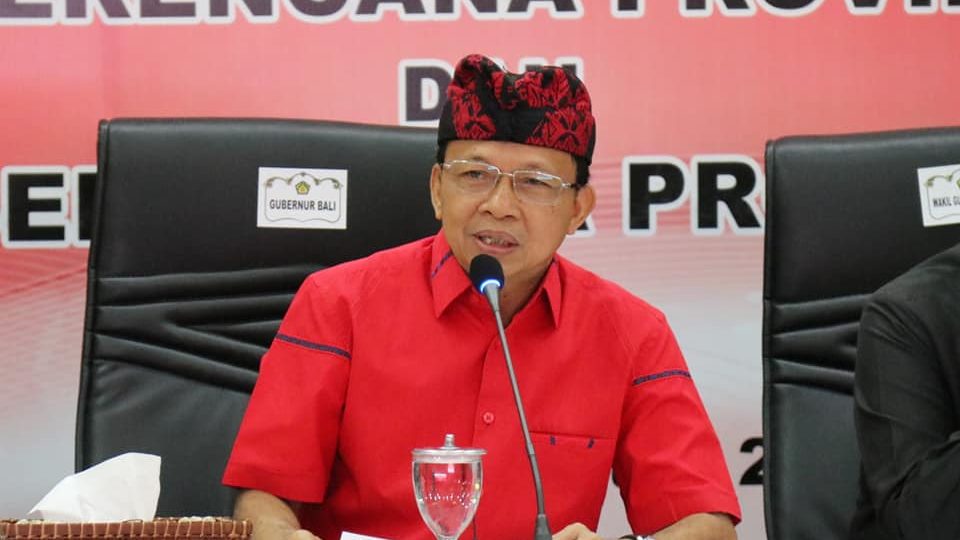Bali Governor Wayan Koster said his office has issued a formal letter, urging state-owned port operator PT Pelabuhan Indonesia (Pelindo) III to stop the reclamation of Benoa Bay, after the controversial project was found to have destroyed 17 hectares of mangrove forest in the area.
“The environmental impact is extreme and has destroyed the mangrove vegetation and other ecosystem [in the area], as much as 17 hectares,” Koster said at a press conference yesterday.
As reported by Tribun-Bali, a monitoring team from Indonesia’s Ministry of Environment and Forestry and Bali’s Environmental Agency found that Pelindo’s Benoa Bay reclamation project violated a number of regulations, including the absence or revetment and silt screen, which had already been laid out in an environmental impact assessment, locally known as AMDAL.
“In addition, the massive expansion has disturbed sacred sites and degraded the natural beauty in Benoa Bay. It has also sparked protests from various groups,” Koster said, as quoted by state news agency Antara.
According to reports from local media, Koster issued the official letter on August 22, in which he demanded Pelindo to stop the reclamation in Benoa Bay.
The Benoa Bay reclamation project has been controversial since it was first proposed, sparking resistance movement organized by the Balinese People’s Forum to Reject Reclamation (ForBALI), a group of activists made up of artists, musicians, lawyers and other impassioned locals.
Launched in 2013, the movement have consistently took to the streets and highlighted concerns that the reclamation project will have damaging impact to the environment.





Reader Interactions